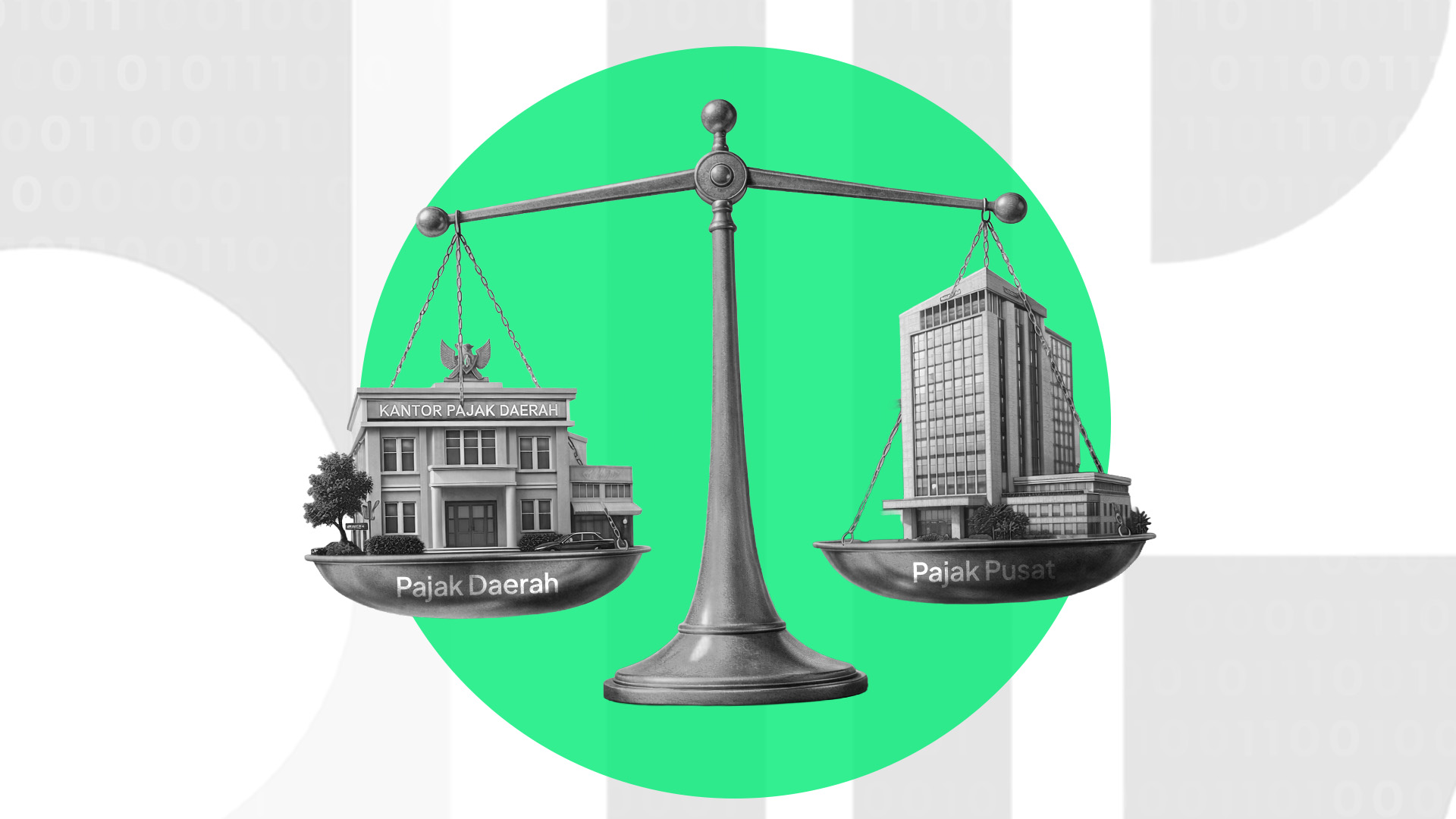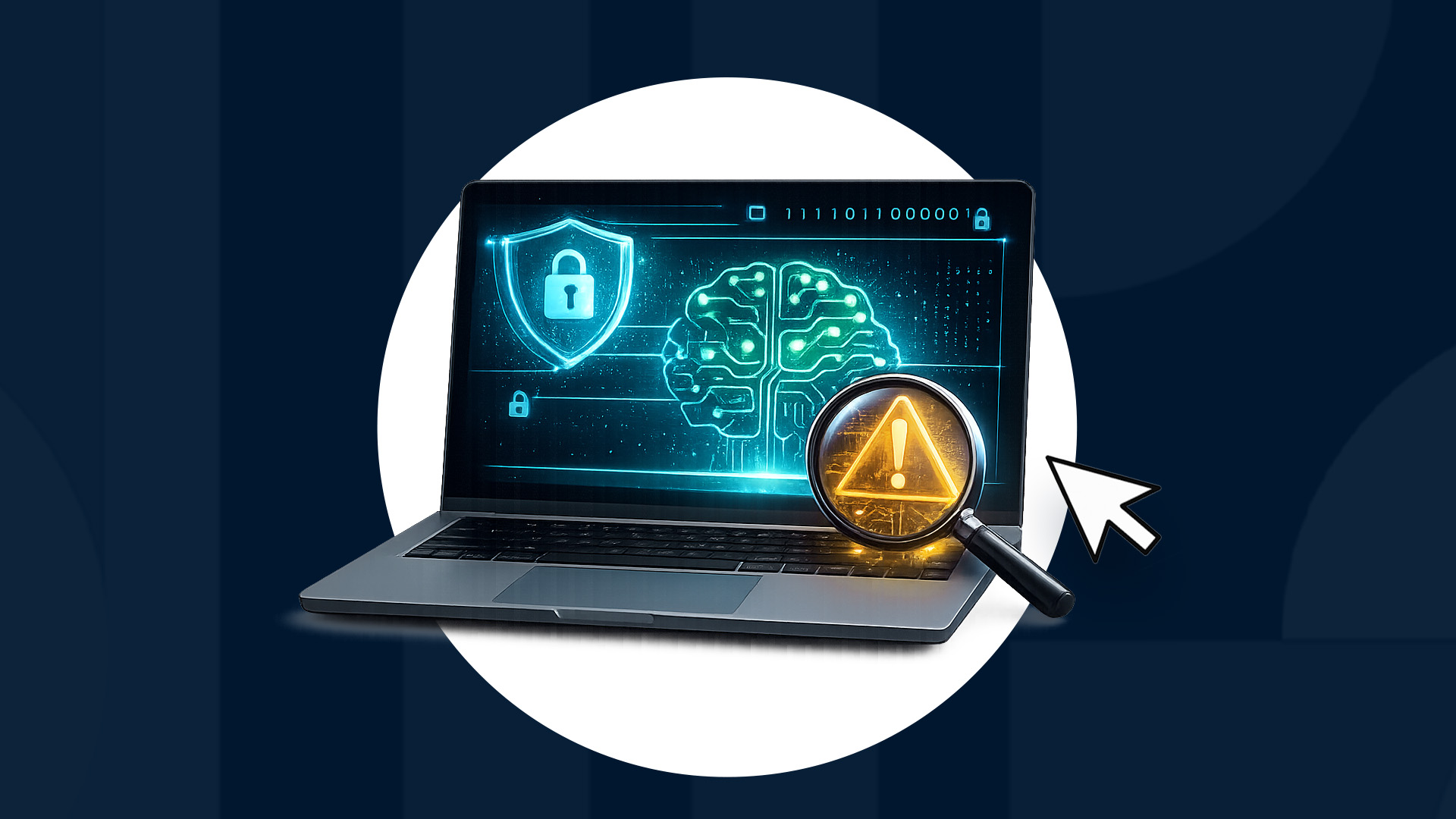Shopping and making other transactions online is fun because it is easy and practical. However, there are risks, such as the theft and falsification of personal data, which can lead to account hacking and digital identity abuse. Keeping data safe is a big challenge today, so identity verification technology is needed.
In addition to preventing forgery and data theft, digital identity verification also plays an important role in speeding up your online transaction process. Read more in this article.
Understanding Digital Identity
Identity is an attribute that is attached to the self as a characteristic of each individual. In this case, your identity is your credentials that you use to identify oneself. It is therefore essential to show your identity prior to initiating a transaction.
Physical identity is defined as a collection of basic data attached to a person such as name, date of birth, gender, place of birth, and surname.
Nowadays, thanks to the massive move towards a digital world, identity includes not only physical identity, but also digital identity. Digital identity can be personal or other information depending on the type of service to be used. This information is found on social networks and other internet services.
Identity Verification For Online Transactions
A good application of identity verification technology is when consumers authenticate and authorize online transactions. Identity verification technology with the highest standards currently utilizes artificial intelligence (AI) with an accuracy of 99.9%.
Identity Verification Technology
By utilizing artificial intelligence, companies can safely verify consumer identities to avoid the risk of crime and identity theft. One of the reliable identity verification technology systems is biometric-based verification technology, which is not only practical but also accurate and secure.
Biometric verification is the process of verifying identity using a person's biological identity, physical characteristics, or behavior such as scanning a user's face, movements, or possessions. During biometric verification, verification, authentication, and authorization processes occur so that it is unlikely that the user's identity can be faked.
During the verification process, the system will compare physical characteristics data in the form of user data biometrics against the scanned results that have been stored with official population data owned by the government.
The scanned physical characteristics will be mapped to the username or user ID, which will be used to make decisions after the user is authenticated. Authentication is the process of proving or validating the user's identity.
After the authentication is successful, the final process is authorization, which is the process of authorizing a user who has been properly validated to carry out transactions from a service.
The Importance of Identity Verification When Transacting Online
Digital trust has an important role for the growth of the digital industry. Digital technology also relies heavily on public and consumer trust in terms of security. Online Identity Verification that is safe and easy to use is the key in providing digital trust to customers.
- The digital identity verification process makes online customer acquisition via applications or the web easier. Business services are no longer constrained by business hours or geographic location.
- The potential for business expansion is bigger, from what was originally conventional to be able to develop online services.
- One of the success factors for business digitization is the identity verification process, when online transactions are running effectively, consistently and reliably.
- Identity verification is required when conducting sensitive and confidential transactions; for example, when opening a bank account.
The identity verification process must run smoothly and relatively quickly from the customer's point of view. An intuitive, easy-to-use and fast verification process is key in the customer acquisition process. If the identity verification process during online transactions takes too long, with too many questions and so on, customers turn to competitors.
Both customers and business owners need to feel safe. How can trust between the two parties be achieved? The presence of a trusted third party is needed. These third parties are providers of secure identity verification services and can verify identity from anywhere in the world.
VIDA, a Practical and Secure Identity Verification Service Provider
Founded in 2018, VIDA is a digital-identity service provider that utilizes digital certificates to provide trusted identity-verification services as well as multi-factor authentication and digital signatures. VIDA applies world-class data security standards, including Public Key Infrastructure, facial recognition (biometrics), and network security as a comprehensive data security solution.
VIDA is ISO 27001-certified for data security management and is the only provider of digital certificates (PSrE) in Indonesia that is certified by WebTrust, a globally recognized guarantee of internet security standards.
Our VIDA Verify provides quick and easy online identity verification by comparing customers’ biometric and demographic data with national population databases. The technology used by VIDA has an accuracy of up to 99.2%, so it is safe and reliable for online transactions.
VIDA Verify uses Silent Liveness Detection technology to ensure the integrity of users' facial biometrics to prevent identity fraud and Anti-Spoofing Technology which is a powerful deep learning AI technology to prevent scammers from using images, videos and masks to fake identities.
Protect your digital identity by using the VIDA Verify service.


.png)

.jpeg)
